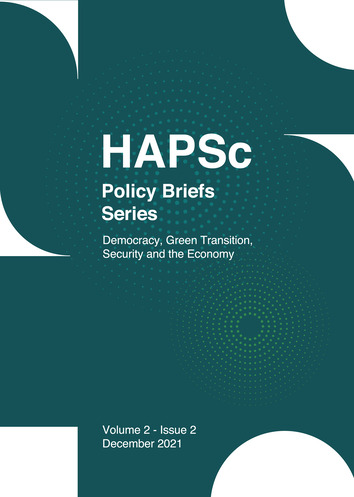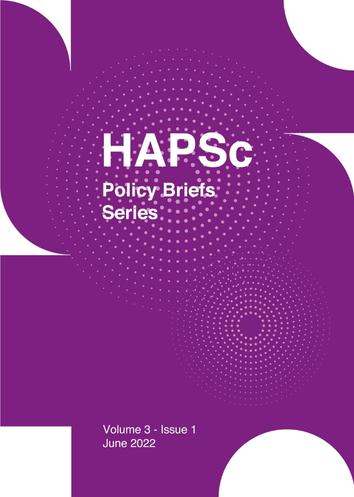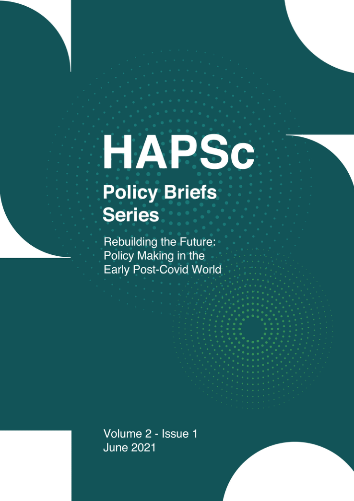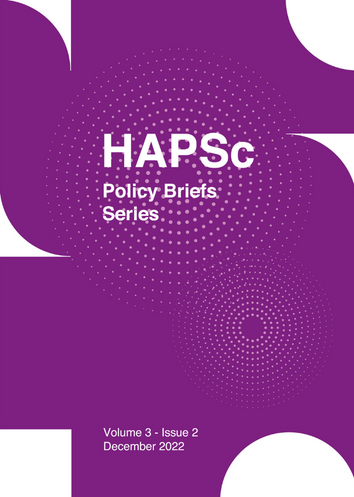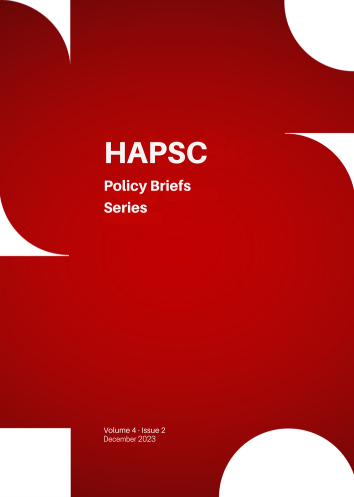Climate Change Policy and Mental Health
Resumen
Climate change is a major problem that modern society faces. The impact of human activity on the environment, worldwide, has had irreversible negative effects on daily lives as well as on mental health. The present study aims to investigate climate change, its effects on mental health of the population and the development of strategies to address the eminent negative consequences. The methodology included literature and research data review, which were collected through Google Scholar, Pub-med online database, articles, journals and dissertations. This study makes evident that climate change affects the mental health of the population and requires further investigation and planning in order to implement appropriate information and consultation programs as well as to promote the adoption of habits and behaviours in order to address and reduce the negative environmental consequences.
Article Details
- Cómo citar
-
Douki, S., Tzagkarakis, S. I., & Spyridakis, E. (2021). Climate Change Policy and Mental Health. HAPSc Policy Briefs Series, 2(2), 298–306. https://doi.org/10.12681/hapscpbs.29517
- Sección
- Articles

Esta obra está bajo una licencia internacional Creative Commons Atribución 4.0.
Authors retain copyright and grant the journal right of first publication with the work simultaneously licensed under a Creative Commons Attribution License that allows others to share the work with an acknowledgement of the work's authorship and initial publication in this journal.
